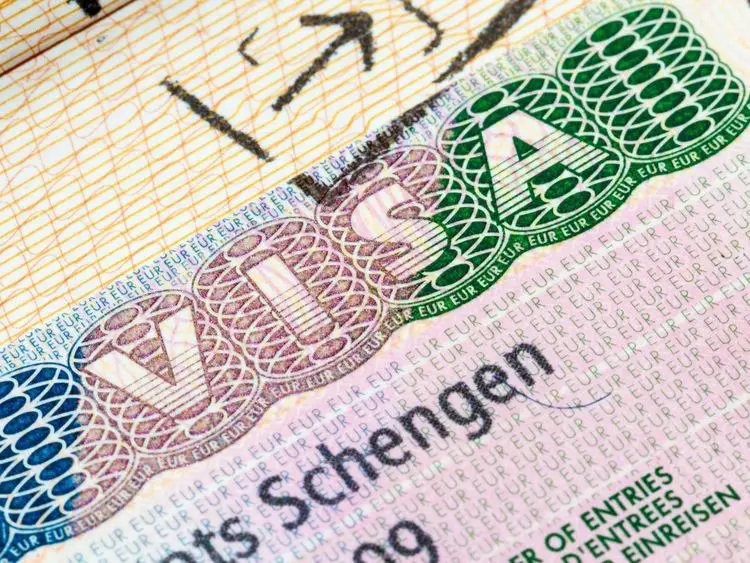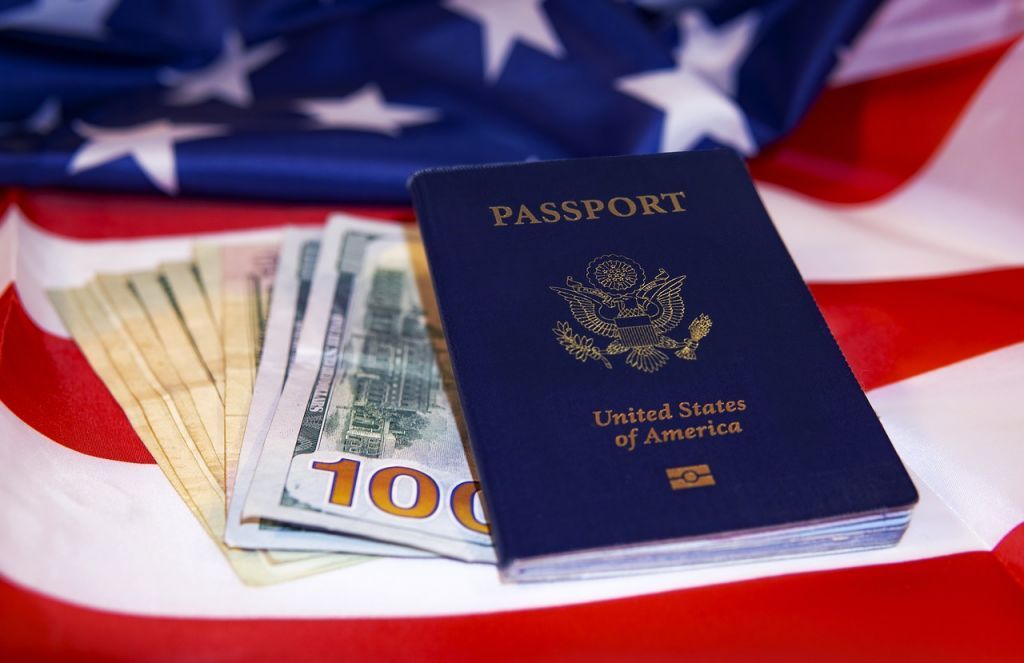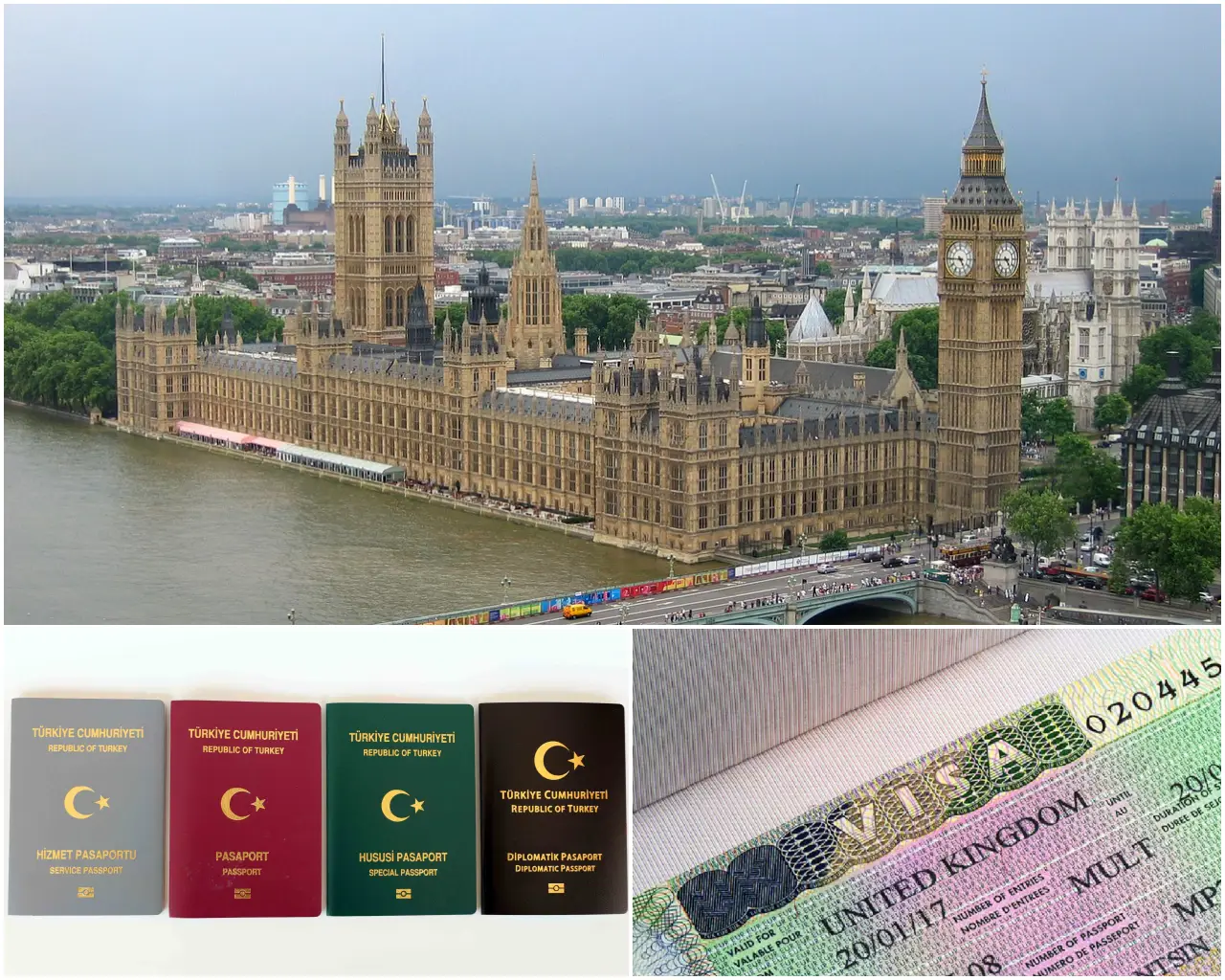Turkish travelers faced significant challenges in 2023, with Schengen visa rejections costing them a staggering €13 million.
The rising number of denials has highlighted the growing difficulties for Turkish citizens seeking to travel abroad.
According to Schengen News, the number of rejected Schengen visa applications surged from 35,071 in 2014 to 169,514 in 2023, with the rejection rate climbing from 4.40% to 16.10%.
The financial impact of these rejections is substantial. In 2023, Turkey ranked as the second-largest applicant for Schengen visas, just behind China, with over one million applications. The total expenditure on these visas reached €84 million, with approximately €68 million spent on approved visas. However, the 170,000 rejected visas resulted in a loss of €13 million for Turkish travelers.
Germany topped the list for visa rejections, accounting for 32.7% of all denied applications with 55,495 rejections. Greece followed with 36,112 rejections, making up 21.3% of the total, and France denied 19,586 applications.
The expenses incurred by Turkish nationals for rejected visas to the top ten destinations in 2023 are summarized as follows::
- Germany (€4,439,600)
- Greece (€2,888,960)
- France (€1,566,880)
- Netherlands (€1,106,720)
- Italy (€874,880)
- Hungary (€384,960)
- Switzerland (€293,040)
- Sweden (€274,160)
- Czech Republic (€261,360)
- Denmark (€254,000)
The total visa applications cost Turkish citizens a total of 619 million Euros between 2014 and 2023.
Despite the high rejection rates, some countries showed more favorable approval rates for Turkish citizens. Portugal led the way, approving 93% of applications, followed by Italy at 91.1%, Slovakia at 88.8%, Poland at 86.6%, and Spain at 86.5%.
On the other hand, Denmark, Estonia, and Lithuania had the lowest approval rates, with Denmark approving only 55.8% of applications, Estonia 57.5%, and Lithuania 63.9%.
Adding to the financial burden, a new EU policy increased the Schengen visa application fee by 12% starting June 11, 2024. This hike means applicants now face higher costs when applying for visas.
Applicants are often subjected to long waiting periods and sometimes incur additional costs due to the difficulty in securing an appointment. The increase in visa rejections not only affects the travel plans of Turkish citizens but also underscores the significant financial loss incurred by unsuccessful applications.
The financial burden on Turkish citizens due to visa rejections highlights the personal and social impact of stringent visa policies. It affects individuals’ ability to travel for leisure, education, work, or family reasons, thereby impacting cultural exchange and mutual understanding between Turkey and the EU.
The EU might need to improve transparency and communication regarding visa application processes and reasons for rejections. Providing clearer guidelines and support to applicants can help reduce the financial burden and improve the overall experience for Turkish citizens.












